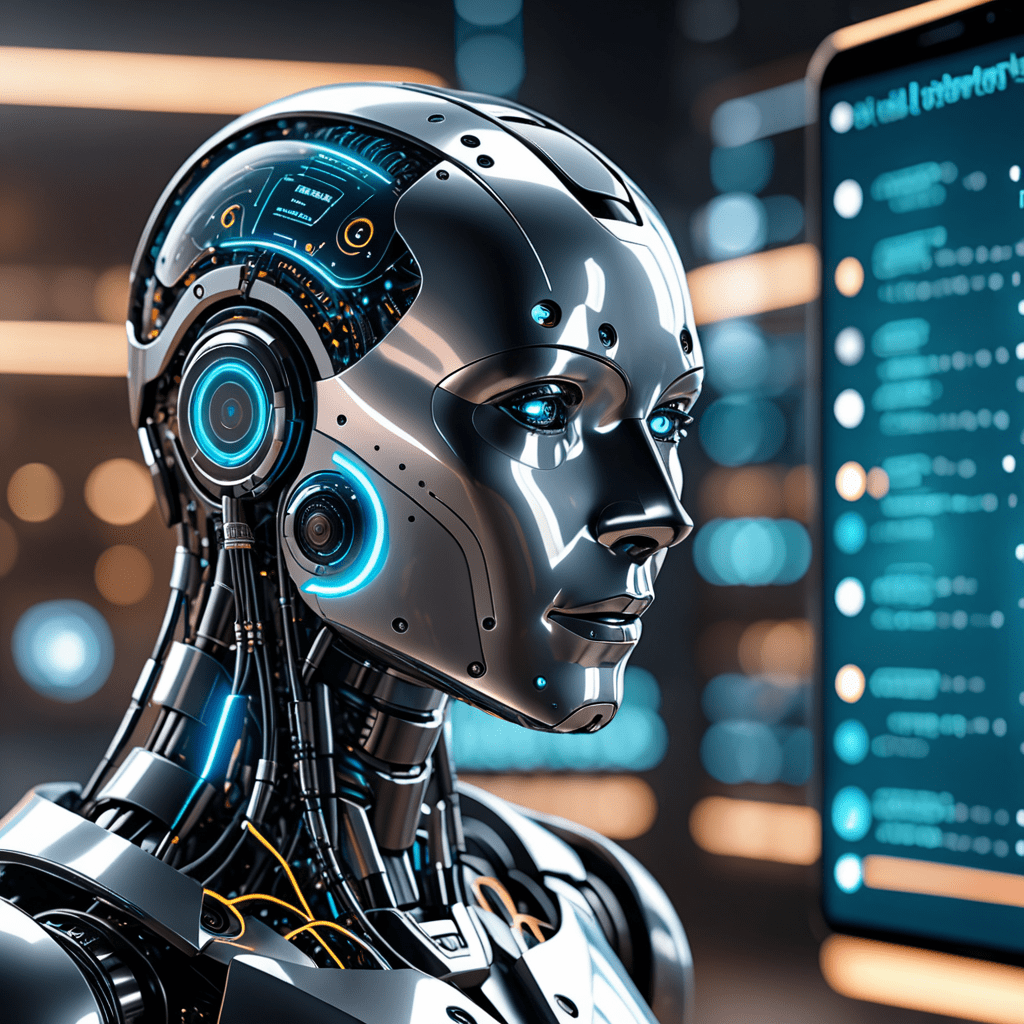Empowering Speech Recognition: The AI that Ensures Robust Performance
Speech recognition has become an integral part of our daily lives, from virtual assistants to dictating text messages. The robustness of speech recognition largely depends on the type of artificial intelligence (AI) utilized. In this article, we will explore the AI technologies that enable robust speech recognition.
Understanding the Role of Artificial Intelligence in Speech Recognition
Artificial intelligence plays a crucial role in speech recognition by enabling machines to interpret and understand human speech. Through various AI techniques, speech recognition systems can accurately transcribe spoken words into text, leading to enhanced user experiences.
Deep Learning: The Foundation of Robust Speech Recognition
Deep learning, a subset of machine learning, has revolutionized speech recognition. This AI technology employs neural networks with multiple layers to analyze and comprehend complex speech patterns. By leveraging deep learning algorithms, speech recognition systems can adapt to different accents, languages, and background noises, making them more robust and versatile.
Natural Language Processing (NLP): Enhancing Speech Understanding
Natural Language Processing (NLP) is another vital AI component in speech recognition. NLP allows machines to understand and interpret human language in a meaningful way. By integrating NLP into speech recognition systems, AI can accurately identify the semantic and syntactic structure of spoken sentences, leading to more precise transcriptions.
Reinforcement Learning: Augmenting Speech Recognition Performance
Reinforcement learning, a type of machine learning, contributes to the robustness of speech recognition by continuously improving system performance through trial and error. By rewarding desirable outcomes, reinforcement learning enables AI-powered speech recognition to adapt and enhance its accuracy over time, even in challenging audio environments.
Hybrid Approaches: Integrating AI Technologies for Optimal Performance
Some cutting-edge speech recognition systems utilize hybrid approaches, combining various AI technologies such as deep learning, NLP, and reinforcement learning. By integrating multiple AI techniques, these systems can achieve unparalleled robustness and accuracy, catering to a wide range of speech recognition applications.
FAQ
Q: What role does AI play in speech recognition?
A: AI enables machines to interpret and understand human speech, leading to accurate transcription and enhanced user experiences.
Q: How does deep learning contribute to robust speech recognition?
A: Deep learning algorithms, through neural networks with multiple layers, can adapt to various accents, languages, and background noises, enhancing the versatility of speech recognition systems.
Q: What is the significance of NLP in speech recognition?
A: NLP allows machines to understand and interpret human language, enabling AI to identify the semantic and syntactic structure of spoken sentences with precision.
Q: How does reinforcement learning improve speech recognition performance?
A: Reinforcement learning continuously enhances system performance through trial and error, enabling AI-powered speech recognition to adapt and improve accuracy over time, even in challenging audio environments.
Q: What are hybrid approaches in speech recognition AI?
A: Hybrid approaches integrate various AI technologies such as deep learning, NLP, and reinforcement learning, resulting in speech recognition systems with unparalleled robustness and accuracy.



